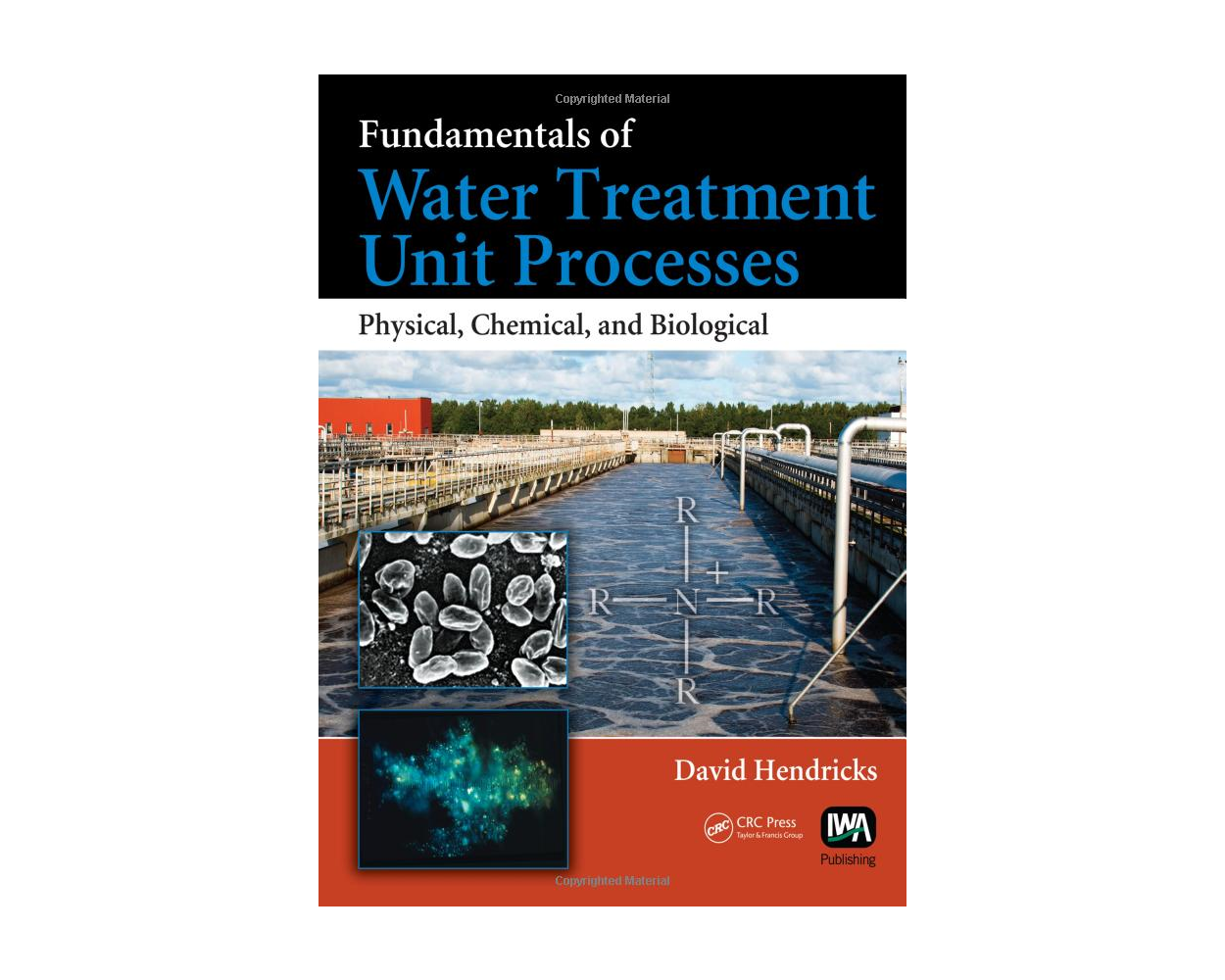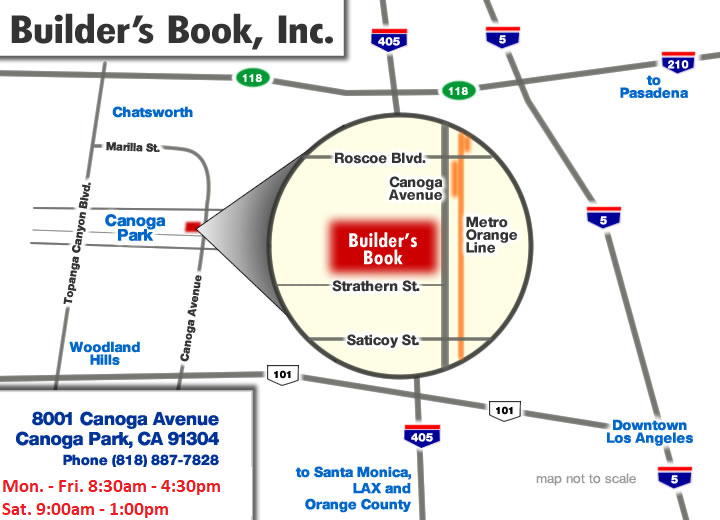Fundamentals of Water Treatment Unit Processes: Physical, Chemical, and Biological
Fundamentals of Water Treatment Unit Processes: Physical, Chemical, and Biological
Carefully designed to balance coverage of theoretical and practical principles, Fundamentals of Water Treatment Unit Processes delineates the principles that support practice, using the unit processes approach as the organizing concept. The author covers principles common to any kind of water treatment, for example, drinking water, municipal wastewater, industrial water treatment, industrial waste water treatment, and hazardous wastes. Since technologies change but principles remain constant, the book identifies strands of theory rather than discusses the latest technologies, giving students a clear understanding of basic principles they can take forward in their studies.
Reviewing the historical development of the field and highlighting key concepts for each unit process, each chapter follows a general format that consists of process description, history, theory, practice, problems, references, and a glossary. This organizational style facilitates finding sections of immediate interest without having to page through an excessive amount of material.
| Price | $249.95 |
|---|---|
| Customer Service | We're Here To Help! Call us anytime during our customer service hours... Monday through Friday - 8:30 am to 4:30 pm (Pacific) Order Questions:
TOLL FREE, 800-273-7375 (Outside the U.S. call 818-887-7828). Our Address: 8001 Canoga Avenue Canoga Park, CA 91304 US Phone: 800-275-2665 E-mail: sales@buildersbook.com
|
| Description | Fundamentals of Water Treatment Unit Processes: Physical, Chemical, and Biological Carefully designed to balance coverage of theoretical and practical principles, Fundamentals of Water Treatment Unit Processes delineates the principles that support practice, using the unit processes approach as the organizing concept. The author covers principles common to any kind of water treatment, for example, drinking water, municipal wastewater, industrial water treatment, industrial waste water treatment, and hazardous wastes. Since technologies change but principles remain constant, the book identifies strands of theory rather than discusses the latest technologies, giving students a clear understanding of basic principles they can take forward in their studies. Reviewing the historical development of the field and highlighting key concepts for each unit process, each chapter follows a general format that consists of process description, history, theory, practice, problems, references, and a glossary. This organizational style facilitates finding sections of immediate interest without having to page through an excessive amount of material. |






